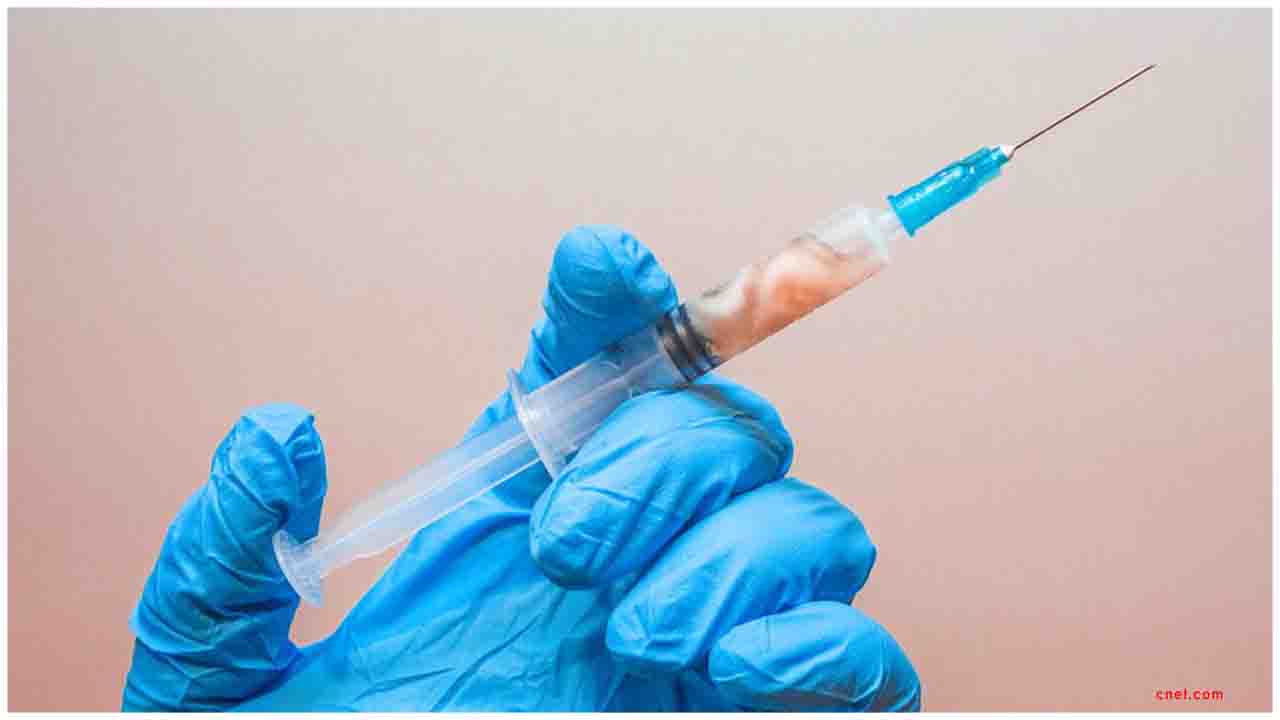Health officials around the world gave their backing to the AstraZeneca vaccine against Covid-19, after a study showing it had little effect against mild disease caused by the variant now spreading quickly in South Africa rang global alarm.
The prospect that new virus variants could evolve the ability to elude vaccines is one of the main risks hanging over the global strategy to emerge from the pandemic by rolling out vaccines this year.
South Africa, where a new variant now accounts for the vast bulk of cases, initially announced a pause in its rollout of a million doses of the AstraZeneca vaccine.
But it said on Monday it could still roll it out in a "stepped manner", giving out 100,000 doses and monitoring it to see if it prevents hospitalisations and deaths.
"It is vastly too early to be dismissing this vaccine," said Richard Hatchett, CEO of the Coalition for Epidemic Preparedness Innovations, a foundation that co-leads the global COVAX programme to provide vaccine doses in poor countries.
More than 330 million doses of AstraZeneca's vaccine form the overwhelming majority of doses that COVAX aims to begin rolling out in a first phase in poor countries beginning as soon as this month.
"Obviously the world is full of the wild type virus that this Astrazeneca vaccine is known to work against," Hatchett said.
Professor Salim Abdool Karim, the co-chair of South Africa’s Ministerial Advisory Committee on COVID-19, said it was too early to conclude that the AstraZeneca would not prevent serious disease caused by the variant prevalent there.
If the vaccine does not work well against new evolving variants of the virus, it could be an ominous sign for other vaccines as well, showing that the virus can potentially thwart the efforts of scientists to fight it.
The overall message from the World Health Organization and others was: don't panic. Several global health officials noted that the South African study was small and had tested the vaccine using a short four-week interval between the first and second doses, despite evidence having since emerged that it works better if there is a longer wait.
It was becoming "more and more clear, the longer the interval between the two doses the higher the efficacy," said Kate O'Brien, head of immunisations at the WHO.
The lead investigator on the South African trial told Reuters he believed the vaccine had a major role to play in Africa and globally, and the 1 million doses in South Africa, which expire in April, should be rolled out quickly, not wasted.
SERIOUS INFECTIONS
Western governments spoke out in favour of the vaccine, which many have given approval.
The vaccine is the main pillar of the vaccination programme in Britain, which has so far been the fastest of any large country to vaccinate members of the public. It is dealing mainly with another fast-spreading variant which the vaccine has been shown to work well against.
"We think that both the vaccines that we're currently using are effective in, as I say, in stopping serious disease and death," British Prime Minister Boris Johnson told reporters. Britain is also using Pfizer's vaccine.
Olivier Veran, health minister in France which is hoping that the vaccine will help speed up a programme that has lagged behind other rich countries, said the AstraZeneca vaccine provided sufficient protection against "nearly all the variants" of the virus.
But if vaccines do not work as effectively as hoped against new and emerging variants, then the world could be facing a much longer - and more expensive - battle against the virus than previously thought.

 According to WHO It's too early to say
According to WHO It's too early to say



































